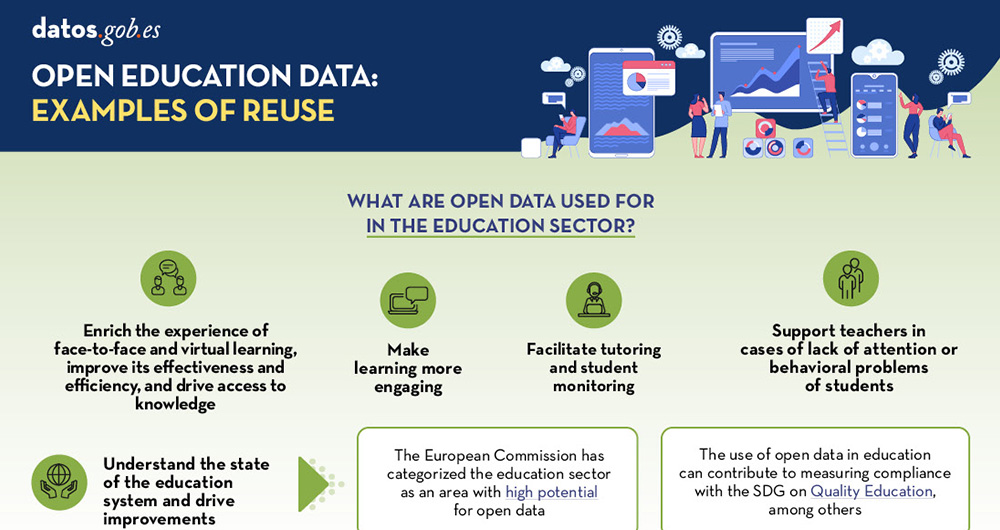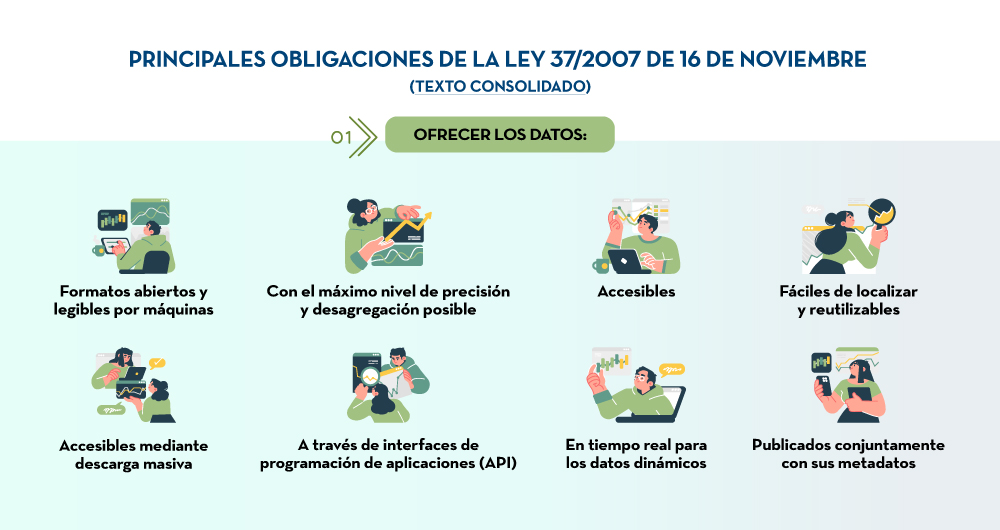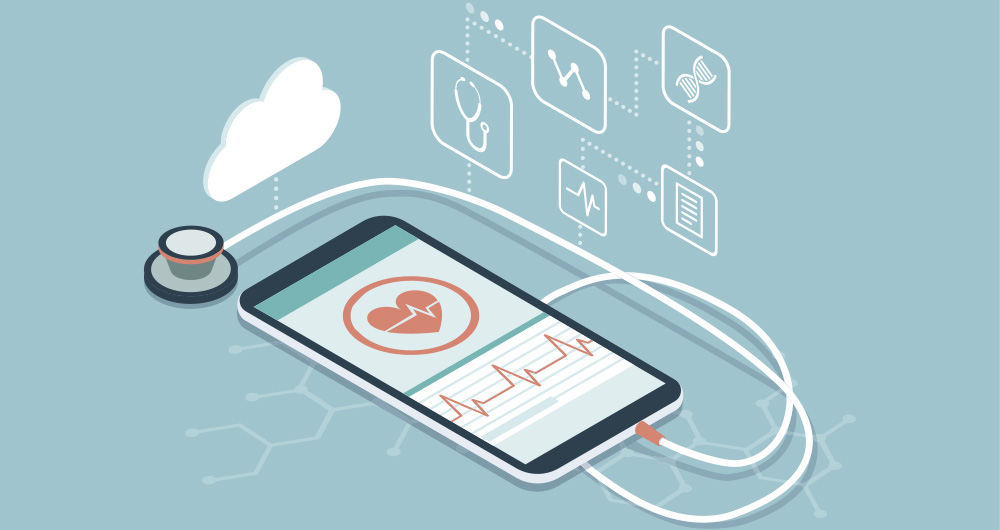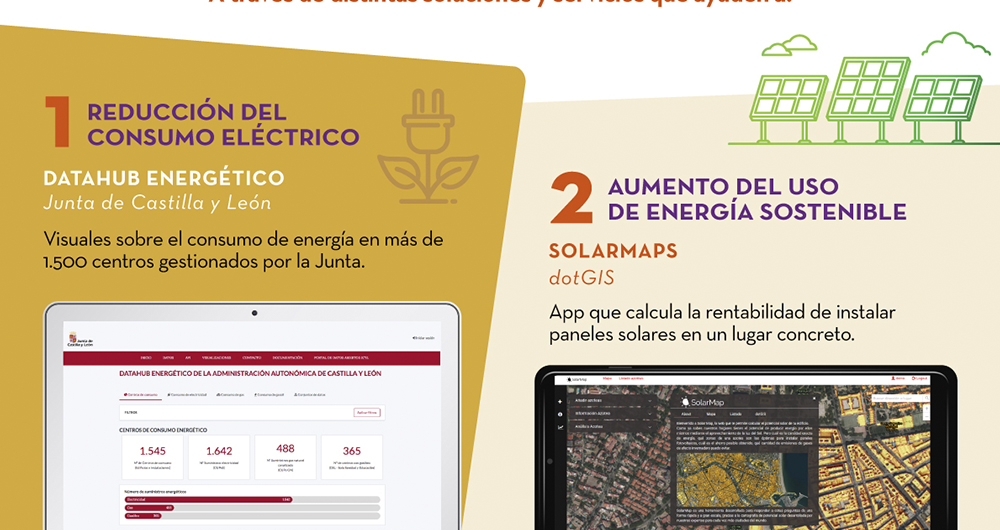10 posts found
DCAT-AP-ES: A step forward in open data interoperability
Context and need for an update
Data is a key resource in the digital transformation of public administrations. Ensuring its access, interoperability and reuse is fundamental to improve transparency, foster innovation and enable the development of efficient public services centered on citizens.
In th…
The implementation of the EU Data Governance Regulation in Public Administrations
Since 24 September last year, the Regulation (EU) 2022/868 of the European Parliament and of the Council of 30 May 2022, on European Data Governance (Data Governance Regulation) has been applicable throughout the European Union. Since it is a Regulation, its provisions are directly effective without…
The keys to the UNE data specifications
We live in a constantly evolving environment in which data is growing exponentially and is also a fundamental component of the digital economy. In this context, it is necessary to unlock its potential to maximize its value by creating opportunities for its reuse. However, it is important to bear in…
Open Data for Sustainable City Development
Open data is a valuable tool for making informed decisions that encourage the success of a process and enhance its effectiveness. From a sectorial perspective, open data provides relevant information about the legal, educational, or health sectors. All of these, along with many other areas, utilize…
Open data, a key tool for promoting knowledge and education
Open solutions, including Open Educational Resources (OER), Open Access to Scientific Information (OA), Free and Open-Source Software (FOSS), and open data, encourage the free flow of information and knowledge, serving as a foundation for addressing global challenges, as reminded by UNESCO.
The Unit…
The keys to the Law on re-use of public sector information in Spain
The public sector in Spain will have the duty to guarantee the openness of its data by design and by default, as well as its reuse. This is the result of the amendment of Law 37/2007 on the reuse of public sector information in application of European Directive 2019/1024.
This new wording of the reg…
Validation of the Royal Decree-Law on reuse of public sector information and open data
Why a Royal Decree-Law?
In the plenary session of the Congress of Deputies held on December 2, 2021, Royal Decree-Law 24/2021, of November 2, on the transposition of several European Union directives, including Directive (EU) 2019/1024 of the European Parliament and of the Council, of June 20, 2019,…
How is open data used in the health and welfare sector?
In the last year, we have seen how decisions on health matters have marked the political, social and economic agenda of our country, due to the global pandemic situation resulting from COVID-19. Decisions taken on the basis of public data on cumulative incidence, hospital bed occupancy or vaccinatio…
Open data use cases to care for the environment and fight climate change
Climate change, air pollution and sea pollution. These are the 3 main environmental problems for Spanish citizens according to the latest Eurobarometer "Attitudes of European citizens towards the Environment", published in March 2020. The survey also highlights that 90% of the Spanish population con…
The importance of opening cultural data
Did you know that open digital heritage is fundamental to understanding the world around us, to boosting a more creative economy and to meeting agreed educational goals? It is estimated that around 90% of the world's cultural heritage has not yet been digitized. Of the remaining 10% that has been di…









